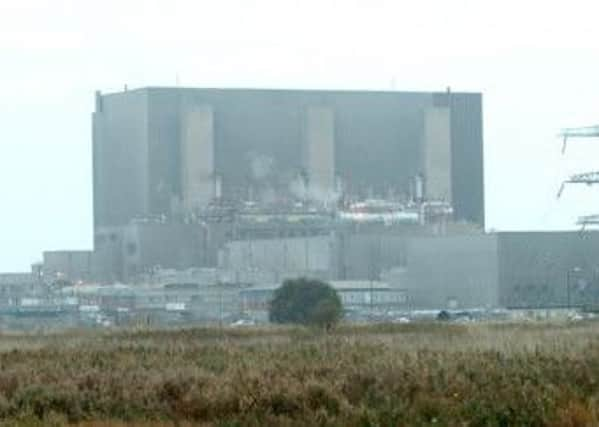IAIN WRIGHT: Vital that Hartlepool gets the funding it needs


It is fair to say that local council budgets have had a torrid time over the last five years, to put it mildly. Northern authorities have tended to suffer more than their southern counterparts, which is concerning given that, in the main, northern councils have to deal with greater levels of economic deprivation and social care pressures.
In the case of Hartlepool Borough Council, by the end of this Parliament in 2020, the local authority will have seen its Government funding cut by about £38 million, or an astonishing two-thirds.
Advertisement
Hide AdAdvertisement
Hide AdIn the previous Parliament, the Coalition Government urged councils to pass on no increases in Council Tax to local taxpayers. That policy has now been quietly ditched by the present Government. It is now presumed by the Government that Council Tax will go up by 3.9 per cent.
Hartlepool is, in many ways, a very different town to other areas and the nature of its local economy is unique in the country. This has a big impact upon the ability to fund local council services. Hartlepool is the second smallest unitary authority in the country. About £33 million comes from Council Tax, generated locally. Business rates are a bigger provider of local government finance, with a total rateable value of nearly £100 million. The nuclear power station provides about a third of that entire business rate income, at just over £33 million. So the business rates bill of the power station generates more or less the same level of money as all the Council Tax paid in Hartlepool.
The unique position of Hartlepool is two-fold. First, there is nowhere else in the country which has such a large payer of business rates proportionate to the rest of the business rate base. Secondly, the fact that it is a nuclear power station, with often quick and unexpected shut downs for health and safety purposes, and therefore loss of business rates, has an impact upon how much can be collected.
In addition, there was a revised valuation of business rates recently, which meant that the power station pays less, which has an impact upon the Council’s finances of about £3.9 million each and every year from now on. To put it into context, to make up this shortfall of income there would have to be an increase in Council Tax of about 11 per cent, or the construction of 2,700 properties paying Band D Council Tax, the equivalent of increasing the size of the town by 12 per cent.
Advertisement
Hide AdAdvertisement
Hide AdThis is a serious matter, which is why I raised the matter in Parliament before Christmas just as the new local government financial settlement was announced, and why I arranged a meeting earlier this month between the Secretary of State for Communities and Local Government, Greg Clark, and the Leader and the Chief Executive of Hartlepool Borough Council.
I thought it was a positive meeting, in which the Minister listened to Hartlepool’s case. He obviously didn’t get his cheque book out there and then, but he asked Hartlepool to contribute to policy in this area. In terms of the shortfall in funding for the local authority, he said he would go away and look with his civil servants to see how this could be addressed.
I can’t exactly say I’m wildly optimistic at the prospect of extra monies for Hartlepool in this way. But the compelling and unique case has been made. Let’s see if the Government will deliver.